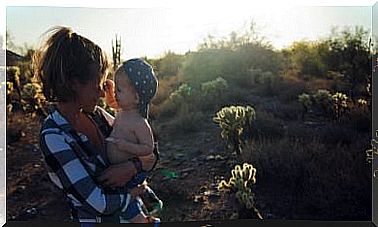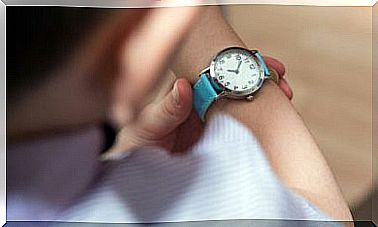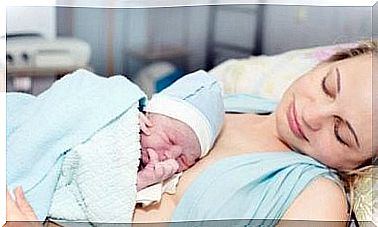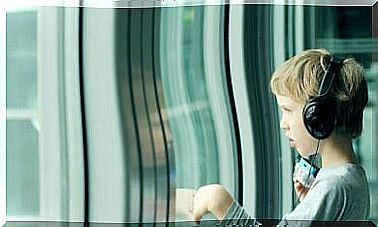Interview With Manuel Antonio Fernández: The Importance Of Pediatric Neurology Today
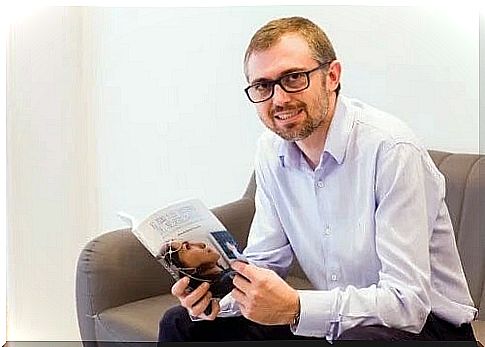
In our interview with Manuel Antonio Fernández, we will find out, in the first place, why he is recognized as one of the best pediatricians in Spain today. He has received several awards and recognitions for his work and stands out mainly for his professionalism and his vanguard vision in the field of pediatric neurology.
Secondly, we are talking about a doctor who stands out for his exceptional treatment with patients and the quality of care provided. He is a specialist in Pediatric Neurology and director of the Andaluz Institute of Pediatric Neurology (INANP). In her consultations, she attends from learning and behavioral difficulties to maturation and development problems.
In addition to detecting and advising on autism spectrum disorders or hyperactivity, Dr. Manuel Antonio Fernández also intervenes in related conditions such as childhood migraine, epilepsy or sleep disorders. We are facing a highly distinguished professional who inspires us with his work and who, in turn, can teach us great things. In this space, we are going to talk to him about pediatric neurology.
Interview with Manuel Antonio Fernández
In our interview with Manuel Antonio Fernández, we became aware of the relevance of the field of pediatric neurology in any society that considers itself advanced. To begin with, this area of medicine is not only intended to detect and treat various problems, pathologies or any clinical condition in the child’s or adolescent’s life.
It is a science that seeks to ensure, above all, the ideal neurological development of the little ones. There is also another essential aspect that must be taken into account. As parents or educators who want the best for children at all times, we appreciate that support and expert advice in almost every aspect of their lives.
We need this science to detect problems early. In turn, we appreciate the support of neuropediatricians to give a better response to children on the autism spectrum (ASD), in order to ensure their inclusion in the classroom and know what type of programs are best suited for them. In relation to these and other important questions, we are going to delve into the topic with Dr. Manuel Antonio Fernández, the best neuropediatrician in Spain today.
Briefly, what is pediatric neurology?
Pediatric Neurology is the part of medicine, within the pediatric specialty, which seeks to ensure that the child’s neurological development is adequate from the moment of conception, that is, from pregnancy to the time the woman becomes pregnant until the child’s arrival in adult life, which is when development is considered to be over. As you can see, this goes far beyond what many parents currently think and, among other things, means that we are still far from reaching the full development of the specialty and responsibilities of a pediatric neurologist.
How does pediatric neurology influence the detection of disorders such as autism? What is the diagnostic procedure?
The task of child neurology is to ensure normal neurodevelopment, but also to act when this maturation process does not follow the proper path. One thing we must do now is to stop talking about autism as if it were a single, concrete problem. It’s not like this. Autism is the set of symptoms or behaviors presented by a person who is not able to regulate the brain mechanisms necessary to maintain a normal relationship with the environment. This can be due to a multitude of causes, and the “types” of autism that may exist, therefore, are also multiple.
The role of pediatric neurology is to analyze each case, using all available means to find the cause of the problem, which in the vast majority of cases is genetic, and to do everything possible for the autistic child to achieve the maximum development possible within their limitations, so that it achieves the greatest capacity for integration and autonomy it can.
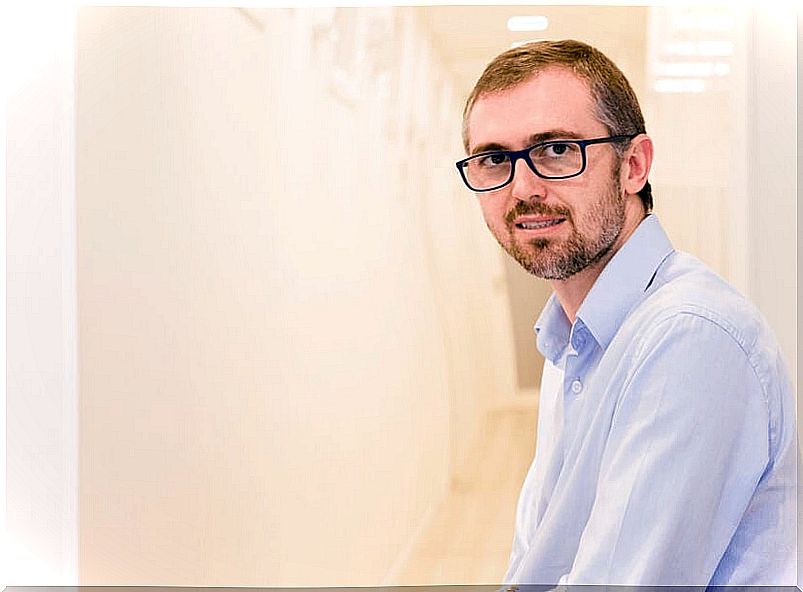
This means making detection as early as possible, identifying warning signs, analyzing the child’s behavioral profile, carrying out the necessary neurological tests and informing and supporting the family so that it can adequately collaborate with the outlined objective, avoiding despair and pseudotherapies.
Could you define, as an expert, what autism and autism spectrum disorder are?
ASD or autism spectrum disorder is a child neurodevelopmental disorder of eminently genetic origin, in which an altered brain structure causes problems in the functioning of a series of brain mechanisms essential for the regulation of behavior and which ends up causing limitations in the ability to communicate and in social relationships, as well as in repetitive, inflexible and abnormal behaviors. 50% of autistic children do not speak and, in addition, 50% also have epilepsy.
Why is this diagnosis so frequent today and it is claimed that there are more cases than a few decades ago?
Today, more cases of autism are detected than several decades ago for various reasons. I summarize the three that I consider most important:
- One of the reasons, if not the main one, is that knowledge about the subject has improved a lot and, therefore, professionals are much more prepared to identify this type of case.
- On the other hand, scientific advances in areas such as genetics have allowed for better detection of these cases.
- Society is more aware and, given this type of difficulty, it consults more often, even if the symptoms are not severe.
What types of autism are there and what are its symptoms?
There are as many types of autism as there are autistic children. However, it is true that there are a number of repeated patterns of symptoms, which are divided into three groups:
- Communicative disorders: they are not able to transmit and receive information normally.
- Disorders in social relationships: they cannot perceive the differences that exist between their own point of view and that of others, thus failing to establish adequate relationships with the people around them.
- Inflexible behavior patterns and restricted interests: there are changes in the regulation of motivations that lead them to become interested in non-functional aspects and require very stable environments.
Tell us a little about the relationship between theory of mind and autism, is it true that this ability is inhibited?
In fact, this is one of the theories that explain the symptoms of autism. From my point of view, there is still a lot to know within the world of neurodevelopment and therefore I think that in the future we will see a lot of modifications to these theories. However, children with autism spectrum disorders have difficulty being aware of the differences between their point of view and that of other people.
What is the treatment of an autistic child and what steps should parents of an autistic child take?
The therapeutic intervention that an autistic child requires must consider several aspects:
- Therapy. Therapy must include all necessary and deficient aspects. This may involve the inclusion of speech therapy, psychology, neuropsychology, psychopedagogy, occupational therapy and other complementary activities. Multisensory stimulation is recommended from the beginning to promote evolution. There are intensive programs like ABA or TEACCH that are also based on these principles.
- Pharmacological treatment. When symptoms associated with attention difficulties, hyperactivity or impulsivity cause problems for the normal development of their activity, limit their evolution or associate aggressive behaviors, it is considered necessary to evaluate the use of medication to reduce these difficulties, help control impulses and improve development.
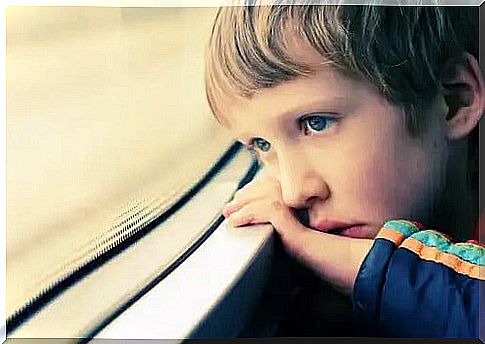
How can parents act when they think their child may be autistic or have a similar disorder in early childhood?
The first thing they should do is request information and expert assessment. Early detection is one of the pillars of the process and one of the most common failures. The key to early detection is that proper therapy can reduce the negative repercussions that an altered neurodevelopment can have on an autistic child. Children with ASD are very cerebrally versatile in the early years and early therapy will help them achieve better results.
In the educational field, how should teachers act?
The educational environment is essential for an autistic child to achieve a positive evolution, whether in a normal or special education center. The work of teachers is essential to support the therapy followed by health professionals and, of course, to support the complementary activities carried out by parents and the whole family.
As far as possible, it is necessary to assess the usefulness for these children with ASD to stay in common centers in order to increase their social inclusion. For this, it is necessary not only to invest in a support team, but also in the adequate training of professors and professors so that they have the necessary skills and tools for their professional activity and attention to diversity.

